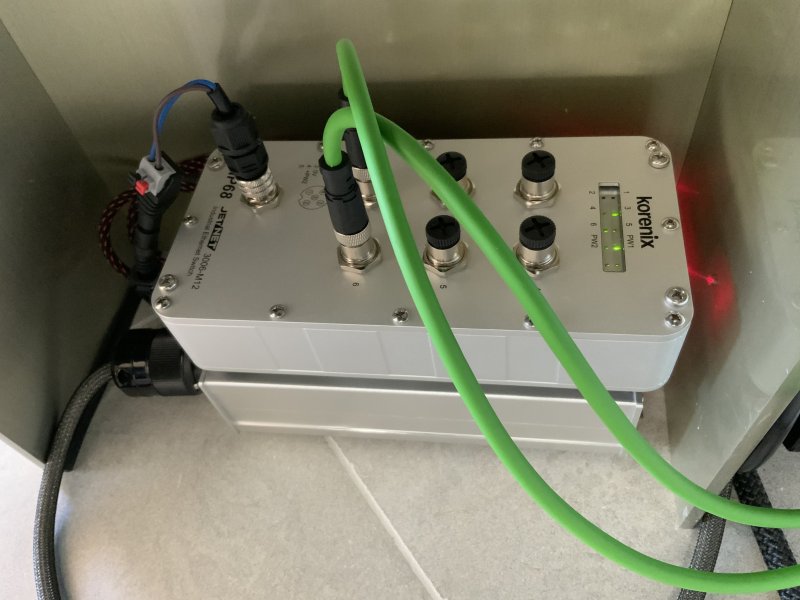The back conversion of optical to electrical signal can be quite noisy; the choice of FMC and choice of SFP have an impact here.I am very curious about ethernet filtering. I have experimented with several different setups. I am not sure that noise alone is what is causing the changes. In one setup I tried there were 2 switches separated by a fiber conversion in-between (router->switch->audio-dedicated switch->fiber conversion box->audio-dedicated switch->DAC). I found that different SFP plugs all sounded quite different.
Apologies if this is deemed to be off-topic. I raise the note because I wonder if more than just noise cleanup is occurring in the ethernet filter/
Some SFPs are noisier than others and if you poke around you will find a sort of consensus (well, it's hifi: we won't ever achieve total consensus!) that the Finisar FTLF1318P3BTL is one of the quieter ones.
Perhaps more important is the choice of FMC because of the number of factors at play in its design: does it have noise-generating LEDs which you can't switch off? On a switch, I'd be looking for no or few ventilation holes to stop radiated RFI reaching the circuitry but on an FMC I think I be more concerned about the RFI generated inside the case getting out...
Different power supplies can make an audible difference, so even if the signal coming over the fibre/fiber is noise-free (and it always is), changing the PSU on an upstream FMC can make a real contribution to sound quality.
Have you landed on a setup that you like?












